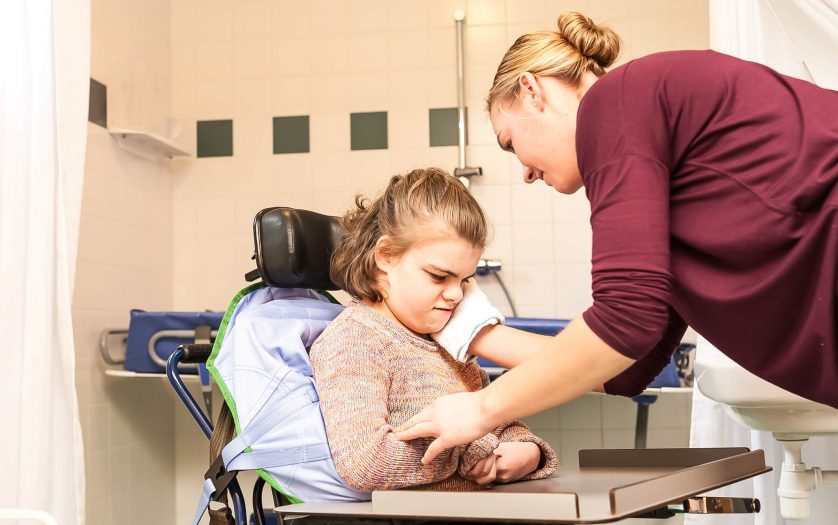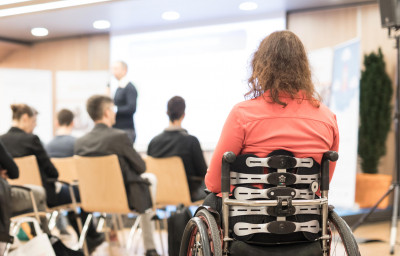
Half a million disabled people living in New Zealand households need more care or support in at least one important area of daily life, according to figures released by Stats NZ.
The 2023 Household Disability Survey (HDS) found that 62 percent of disabled people (506,000) had at least one unmet need.
“Unmet need refers to situations where a person doesn’t have something they need in the way of support, reasonable accommodations, medical care, home modifications, or equipment,” social and community spokesperson Nicolette Edgar said.
‘Reasonable accommodations’ are changes needed for disabled people to participate on an equal basis and to exercise their human rights.
Reasonable accommodation guidelines by Te Kāhui Tika Tangata Human Rights Commission has more information.
Disabled people can have unmet need due to either not having the things they need, or not having them in sufficient quantities or quality. Unmet need was based on survey respondents’ own assessments of whether their needs were being met.
The 2023 HDS asked about unmet need in several areas of life and found that disabled people had an unmet need for:
- support or accommodations at school – 51 percent of disabled people enrolled at school (48,000)
- support or accommodations in post-school education – 34 percent of disabled people enrolled at a post-school education provider like a university or polytech (35,000)
- support or accommodations at work – 34 percent of disabled people with a paid job (97,000)
- a health professional – 29 percent of all disabled people (245,000)
- assistive equipment or technology – 28 percent of all disabled people (212,000)
- household or personal support – 17 percent of all disabled people (146,000)
- medication – 14 percent of all disabled people (115,000)
- accessibility modifications to their home – 12 percent of all disabled people (104,000).
Unmet need was more common among non-European ethnic groups. Māori (72 percent with unmet needs), Pacific (76 percent), and Asian (71 percent) disabled people all had rates of unmet need that were higher than the average.
Children with disabilities were more likely than disabled adults to have unmet needs, at 76 percent and 61 percent respectively. Children were defined as being 14 years or younger. Adults were 15 years or older.








